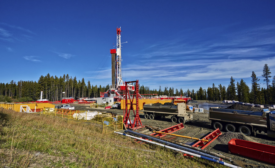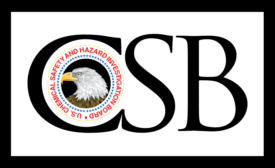News
CSB wraps up investigation into 2009 blast at petroleum facility in Puerto Rico
Report finds inadequate management of gasoline storage tank overfill hazard
October 22, 2015
A FairWarning story
For big railroads, a carload of whistleblower complaints
October 21, 2015
Never miss the latest news and trends driving the safety industry
eNewsletter | Website | eMagazine
JOIN TODAYCopyright ©2024. All Rights Reserved BNP Media.
Design, CMS, Hosting & Web Development :: ePublishing







